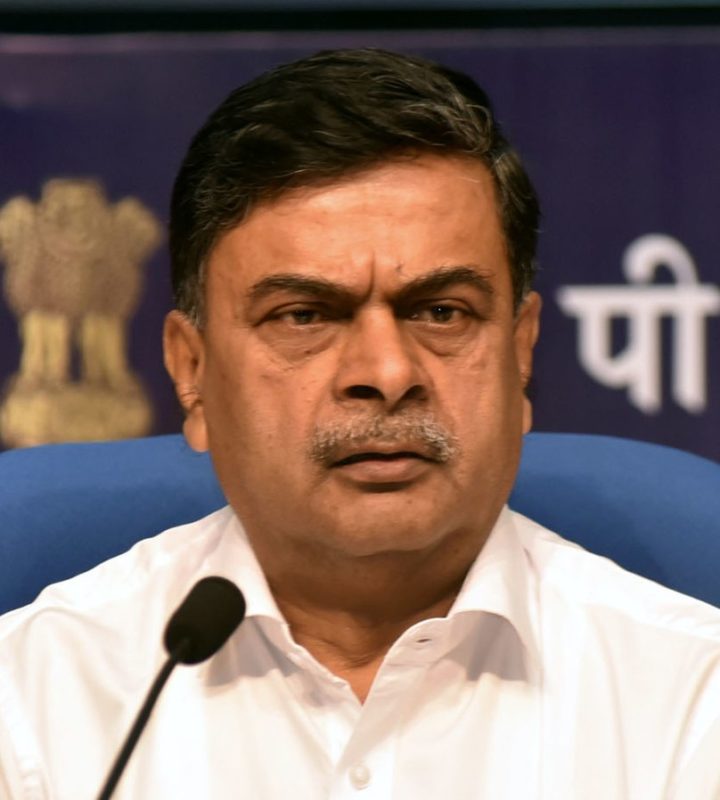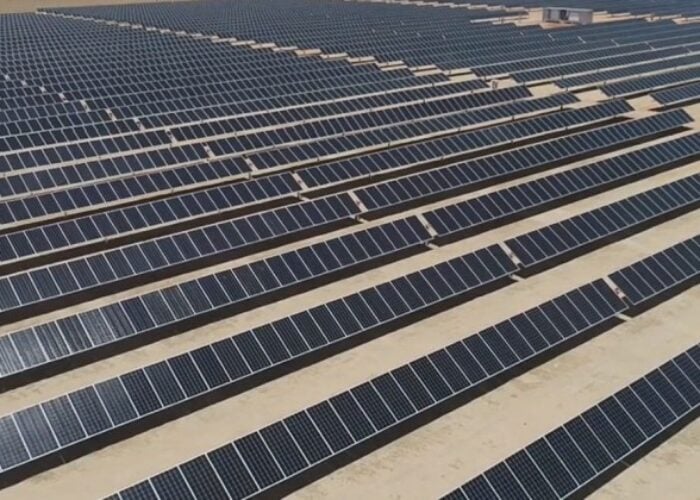
The Indian solar sector looks set for significant levels of disruptions over the next two years, with the government’s drive to establish a domestic manufacturing base risking deployment and investments needing to double if it is to meet its climate targets, according to industry analysts.
Last week, India’s Minister for Power, New and Renewable Energy, RK Singh, doubled down on support for the country’s basic custom duty (BCD) on solar cells (25%) and modules (40%), telling reporters there were “no plans” to change the system despite soaring module costs and a limited domestic supply.
Try Premium for just $1
- Full premium access for the first month at only $1
- Converts to an annual rate after 30 days unless cancelled
- Cancel anytime during the trial period
Premium Benefits
- Expert industry analysis and interviews
- Digital access to PV Tech Power journal
- Exclusive event discounts
Or get the full Premium subscription right away
Or continue reading this article for free
“I don’t want any Chinese imports and want everything Made in India,” Singh is reported as saying, adding that India’s domestic manufacturing capacity of modules and cells had already started going up following the implementation of the BCD in April.
But analysts PV Tech spoke to following the comments were sceptical India’s nascent manufacturing sector would be able to fill demand fast enough. “The strategy to develop a domestic supply chain is understandable after the pandemic,” said Raj Prabhu, CEO and co-founder of analysts Mercom Capital. “[But] enforcing this policy hastily could create component shortages and price increases, which will slow installations.
“I would expect the government to take steps to ensure the market does not slow down and its short-term and long-term installation goals are met.”
Furthermore, Vinay Rustagi, managing director of research company Bridge to India (BOI) told PV Tech “the policy shift from capacity addition to Make in India is going to have a significant impact on deployment over the next 18-24 months.”
“Consumers are not willing to accept higher costs with customs duty of up to 40%,” said Rustagi. “Imports have already fallen sharply and domestic manufacturing capacity will be insufficient for another two years.”
Moreover, inflation is already causing significant disruption across India’s solar industry, with sustained rises in module prices, commodity price inflation and soaring freight rates causing massive upward pressure on Indian modules, with prices up 38% on mid-2020 levels. Many developers have resorted to stockpiling modules amid supply fears.
A recent analysis by Crisil, a S&P Global company, revealed that those factors had also pulled down the return on equity (ROE) for 25GW of India solar projects, with 5GW of those at high risk.
Meanwhile, as India’s solar sector grapples with a range of disrupting factors, the Institute for Energy Economics and Financial Analysis (IEEFA) has said solar investments in the country will need to more than double if its to meet its climate targets.
It showed that while there was a record US$14.5 billion invested in India’s renewable energy sector in the last financial year, investment will have to more than double to US$30-US$40 billion annually for India to reach its target of 450GW of renewable energy capacity by 2030.
IEEFA energy economist and India lead, Vibhuti Garg, said the energy transition in India will require the government to act “as an enabler by rolling out ‘big bang’ policies and reforms to accelerate the deployment of renewable energy.”
“This means not only increasing investment in wind and solar power capacity, but also in creating an entire ecosystem around renewable energy,” she said.






